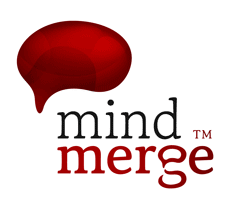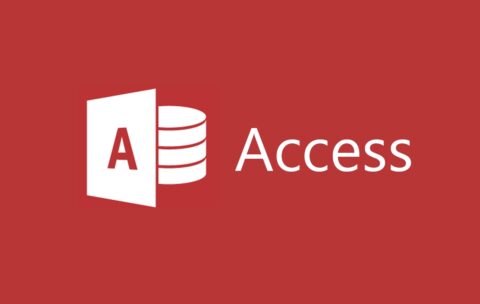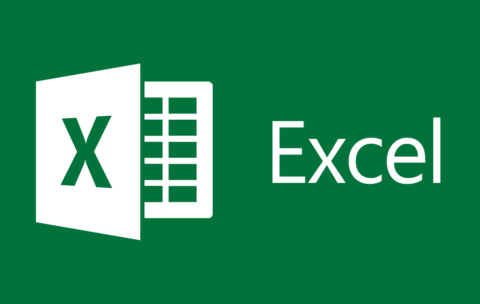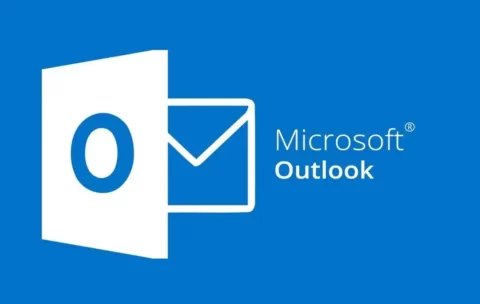Access Essentials
What you'll learn
Create and modify databases
Manage relationships and keys
Navigate through a database
Protect and maintain databases
Print and export data
Create and manage tables
Manage records in tables
Create and modify fields
Create a query
Excel Essentials
What you'll learn
Create worksheets and workbooks
Navigate in worksheets and workbooks
Format worksheets and workbooks
Change views and configurations
Print and distribute worksheets and workbooks
Manage data cells and ranges
Create tables, charts and objects
Perform operations with formulas and functions
Excel Expert
What you'll learn
Save a workbook as a template, with colors, fonts, cell styles and themes
Reference data using structured references or data in another workbook
Protect a workbook from further editing
Prepare a workbook for internationalization
Apply custom data formats and validation
Apply advanced conditional formatting and filtering
Use form controls
Work with macros
Outlook Essentials
What you'll learn
Connect one or more email accounts
Preview, read, reply to and forward messages
Process, create, format and check messages
Use advanced message options
Organize messages
Use signatures and stationary
Automate replies and organization
Clean up and archive messages
Create, organize and manage calendars, appointments, meetings and events
Create and manage notes and tasks
Create and manage contacts and contact groups
Customize the Outlook environment settings
Print and save Information
Perform search operations in Outlook
PowerPoint Essentials
What you'll learn
Create Presentations from scratch or templates
Insert and format slides, handouts and notes
Change Presentation views and configurations
Insert and work with text, pictures, audio and video
Work with tables, charts, and SmartArt
Use transitions and animations
Prepare for a presentation, including the slide size, narration, and timing
Manage multiple presentations
Word Expert
What you'll learn
Control Pagination
Work with styles
Perform advanced editing and formatting
Create and manage indexes
Create and manage references
Manage forms and fields
Create mail merge and labels
Create and modify building blocks and content controls
Work with Macros
Create custom style sets, themes and templates
Prepare a document for internationalization and accessibility
Work with templates
Use version control
Manage document reviews and changes
Word Essentials
What you'll learn
Create and manage documents
Format text, paragraphs, and sections
Create tables and lists
Create and manage references
Insert and format graphic elements
Finance for Non-Finance Professionals
What you'll learn
Define the four key financial statements: balance sheet, income statement, cash flow, and changes in owner equity, as well as critical financial terms such as profit, margins, and leverage
Interpret the financial health and condition of a company, division, or responsibility center and use financial information for management and evaluation
Prepare an operating budget and relate it to the organization's strategic objectives
Apply capital budgeting techniques to evaluate long-term decisions in projects and capital expenditures
Use cost behavior concepts to calculate breakeven point and enhance short-term decision making
Balanced Score Card
What you'll learn
Explain the benefits and importance of a Strategy Focused Organization (SFO)
Develop a Strengths, Weaknesses, Opportunities and Threats (SWOT) analysis, vision and mission statements and strategic goals for their organization or department
Use 'SMART' objectives and key performance indicators to track the performance and productivity at all levels in their organizations
Apply the approach of best-in-class benchmarking technique to set targets for each KPI
Design a balanced scorecard based on the Kaplan and Norton model
Mastering Accounting and Finance Operations
What you'll learn
Analytical skills
Accounts payable management
Accounting and managing accounts receivables and inventory
Preparing financial statements
Budgeting
Excel reporting and analysis
Accounting and Finance Policies and Procedures
What you'll learn
Designing policies and procedures
Understanding business cycles
Applying financial policies
Preparing accounting procedures
Segregating employee tasks
Implementing internal controls
Developing accounting systems
Complying with International Financial Reporting Standards (IFRS)
Professional Finance and Accounting Skills
What you'll learn
Identify the relationship between the various financial statements
Explain the characteristics of 'delegation' and apply various personal organization management techniques
Evaluate skills and attitudes of finance staff and identify their communication personality styles
Practice some of the essential Excel skills to increase efficiency and productivity
Apply finance policies and procedures to add value and communicate effectively with other departments
International Financial Reporting Standards IFRS
What you'll learn
Become aware of the case for Corporate Governance and International Financial Reporting Standards
Identify the creative accounting methods adopted by companies when preparing their financial statements
Appreciate the Lessons Learnt from accounting scandals such as the Enron and World Com cases
Gain an understanding of the Structure of IFRS
Become aware of the adoption of IFRS, Current Issues/IFRS Convergence Projects and the Problems of Convergence
Present Financial Statements under IFRS
Balance sheet: statement of financial position
Income statement: statement of comprehensive income
Cash flow statement: statement of cash flows
Statement of changes in equity
Statement of recognized income or expense ("SORIE")
Notes, including a Summary of the Significant Accounting Policies
Gain an understanding of the major IFRS
Evaluate and analyze financial statements and the impact of IFRS
Financial Analysis, Modelling & Forecasting
What you'll learn
Develop the basics of strategic financial planning
Apply the latest financial analysis techniques
Use the tools of finance, such as the time value of money
Determine key performance indicators to manage the drivers of business success
Create tools to use within their own business
Identify the key steps in developing a financial model
Analyze a company’s annual report identifying key performance indicators to understand what the numbers are saying and make projections of future performance
Understand the theory of interest and the time value of money and their applications
Develop an Economic Value-Added model to see the organization from the shareholders’ perspective
Extend the benefit of Capital Investment
Learn how to use Excel tools such as Solver, Goal Seeker, and Scenario
Impact upon shareholder value
Develop greater confidence in discussing financial strategy
Advanced Cash Flow & Working Capital Management
What you'll learn
Understand the fundamentals of effective management of cash flow, including the optimization of the level of working capital.
Develop practical experience of how to manage cash flow and optimize working capital to facilitate such delivery in real-life business situations.
Increase personal financial skill levels.
Develop confidence through understanding the major drivers of successful financial performance.
Learn many technical skills, all of which lead to the ability to calculate the required figures and implement them into value-adding business decisions.
Understand balance sheets and profit-and-loss statements.
Understand the importance of cash as the lifeblood of a business.
Understand how to control and manage the cash flow of a business.
Forecast cash flows and draft a cash budget.
Evaluate projects based on their expected cash flows.
Incorporate risk into financial decisions.
- 1
- 2















